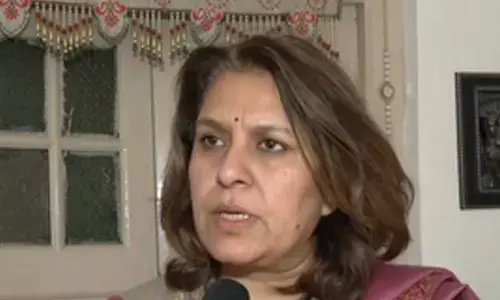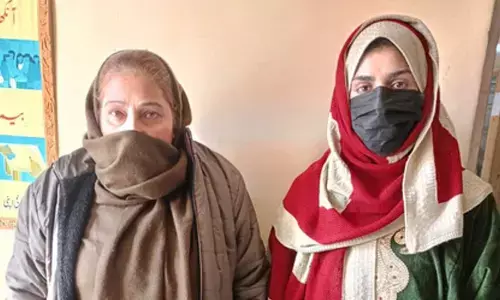Regular health check up can save your life

Ability to tackle infectious diseases and the average increase in the lifespan of individuals has meant that the incidence of cancers is on the rise. As a response to this growing incidence, morbidity and mortality, February 4 is earmarked as the World Cancer Day, an initiative by UICC (Union International Against Cancer).
Ability to tackle infectious diseases and the average increase in the lifespan of individuals has meant that the incidence of cancers is on the rise. As a response to this growing incidence, morbidity and mortality, February 4 is earmarked as the World Cancer Day, an initiative by UICC (Union International Against Cancer). The primary objective is to encourage initiatives to raise awareness about the disease, spread information for detection, early diagnosis and treatment and to debunk the various myths and fears about this disease.
The Globocan Project launched by The International Agency for Research on Cancer collects and publishes data on cancer incidence and prevalence throughout the world. The Indian statistics for 2012 show some interesting trends. While the overall standardized cancer rates worldwide is almost 25 per cent more for men than in women, in India, the incidence is more in women – 5,37,000 as compared to 4,77,000 for men, the five year prevalence is also 1,126 thousands in women compared to 665 thousands in men. Mortality among men however is high, with 357 thousand compared to 326 thousands in women.
Early detection is of paramount importance, and it is proven that survival is almost three times more in almost eight common types of cancer if detected early. Women, almost so many are so aware of changes happening outside the body in terms of fashion and jewellery, should be encouraged to be well aware of their bodies, and notice even small changes, such as a lump or mass, abnormal discharges or bleeding, or change in skin colour or texture anywhere. Simple screening tests such as mammography, cervical Pap smear tests, and stool for occult blood etc. are simple tests which can have long term benefits towards morbidity and mortality for the women.
One of the common reasons for inhibition to seek help or opinion is the apprehension about the disease and the treatments, - and that the treatment is far worse than the disease. With changing technologies and newer and latest evidence, the focus is definitely on the patient outcomes. Radiotherapy technology also means that minimal dose with maximal efficacy and least toxicity can be achieved. The newer imaging methods mean that surveillance can detect recurrence or residual disease much faster and with greater precision.
There is a whole new paradigm shift in management and the way cancer is approached. It is no longer the dreaded disease where lifespan was limited, and the treatment more dangerous than the disease itself. It should be approached as one manages a chronic condition such as diabetes or hypertension. It has to be kept under check, while occasional flare-ups can be tackled appropriately. The focus ultimately has to be on not only adding years to the life of an individual, but also adding life to those years. (The writer is Consultant Surgical Oncologist, KIMS Hospitals.)
By Dr Geetha Nagasree
















